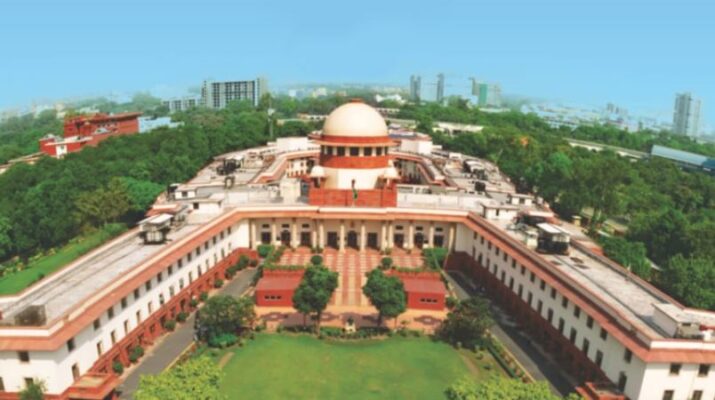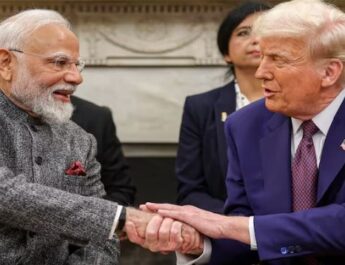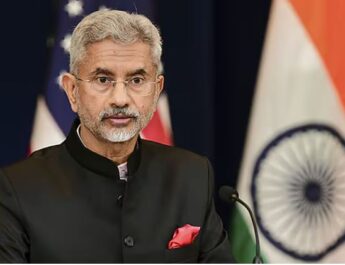New Delhi: On Tuesday, Chief Justice of India BR Gavai stated that laws enacted by Parliament are presumed to be constitutional, and judicial intervention is warranted only in the presence of a significant and evident issue. This remark was made during the proceedings concerning petitions against the Waqf Amendment Act.
The bench, comprising Chief Justice BR Gavai and Justice AG Masih, was reviewing a series of petitions contesting the Waqf Amendment Act, which was enacted the previous month. The Supreme Court had previously recognized three primary concerns, including Waqf by user, the appointment of non-Muslims to the Waqf Council and state Waqf Boards, and the designation of government land as Waqf property.
The Centre had assured that it would refrain from taking action on these matters until the case was resolved. During the hearing on Tuesday, Solicitor General Tushar Mehta indicated that the Centre had provided its response regarding the three identified issues. He requested that the petitioners’ written submissions be limited to these three matters.
‘Courts cannot interfere unless glaring case made out’: CJI Gavai’s remark on Waqf Act
However, senior advocates Kapil Sibal and Abhishek Manu Singhvi, representing the petitioners, opposed this limitation, arguing that the former Chief Justice (Sanjiv Khanna) had indicated that the case would be heard in its entirety, and thus, restricting it to three issues was not feasible.
Sibal contended that the Waqf Act is structured to appropriate Waqf lands without adhering to due process, emphasizing that the law facilitates the seizure of Waqf property without following any procedural requirements. He also pointed out that only individuals who have practiced Islam for a minimum of five years are permitted to establish a Waqf, stating, ‘If I am on my deathbed and wish to create a Waqf, I must demonstrate that I have been a practicing Muslim. This is unconstitutional,’ as reported by NDTV.
The report indicated that Sibal reiterated that the legislation was intended to appropriate Waqf properties. In response, Chief Justice Gavai stated, ‘There exists a presumption of constitutionality regarding laws enacted by Parliament. Judicial intervention is not warranted unless a compelling case is presented, particularly in the present context, where further elaboration is unnecessary.’
Sibal further noted that the new law permits any village panchayat or private individual to lodge a complaint, resulting in the property no longer being classified as Waqf. ‘The government official will adjudicate the matter, effectively serving as a judge in their own case, without any inquiries made,’ Sibal remarked. ‘It is crucial to understand that Waqf pertains to my property. It is merely property owned by an individual and cannot belong to the State. Now, that very property is being expropriated,’ he concluded.




